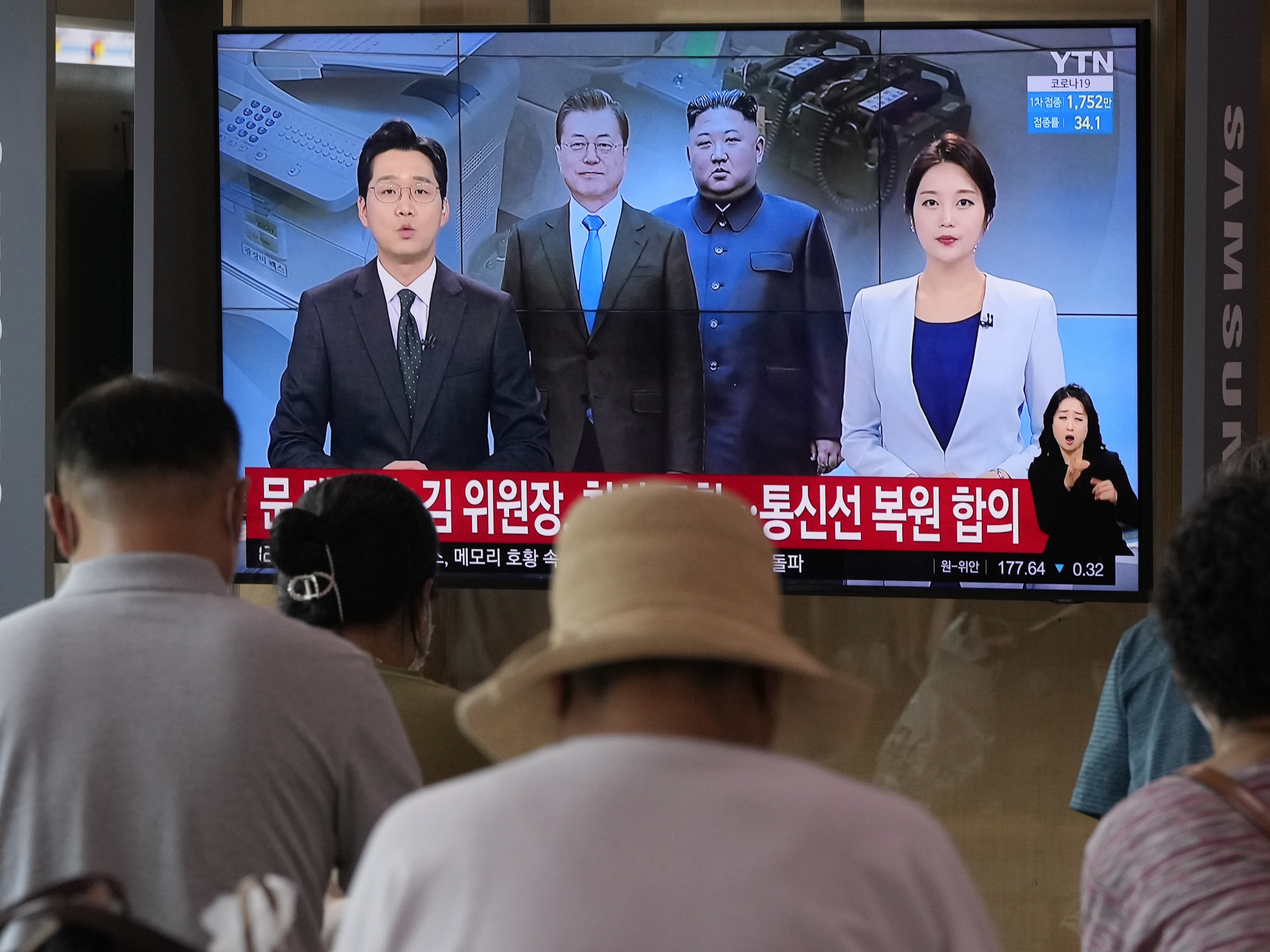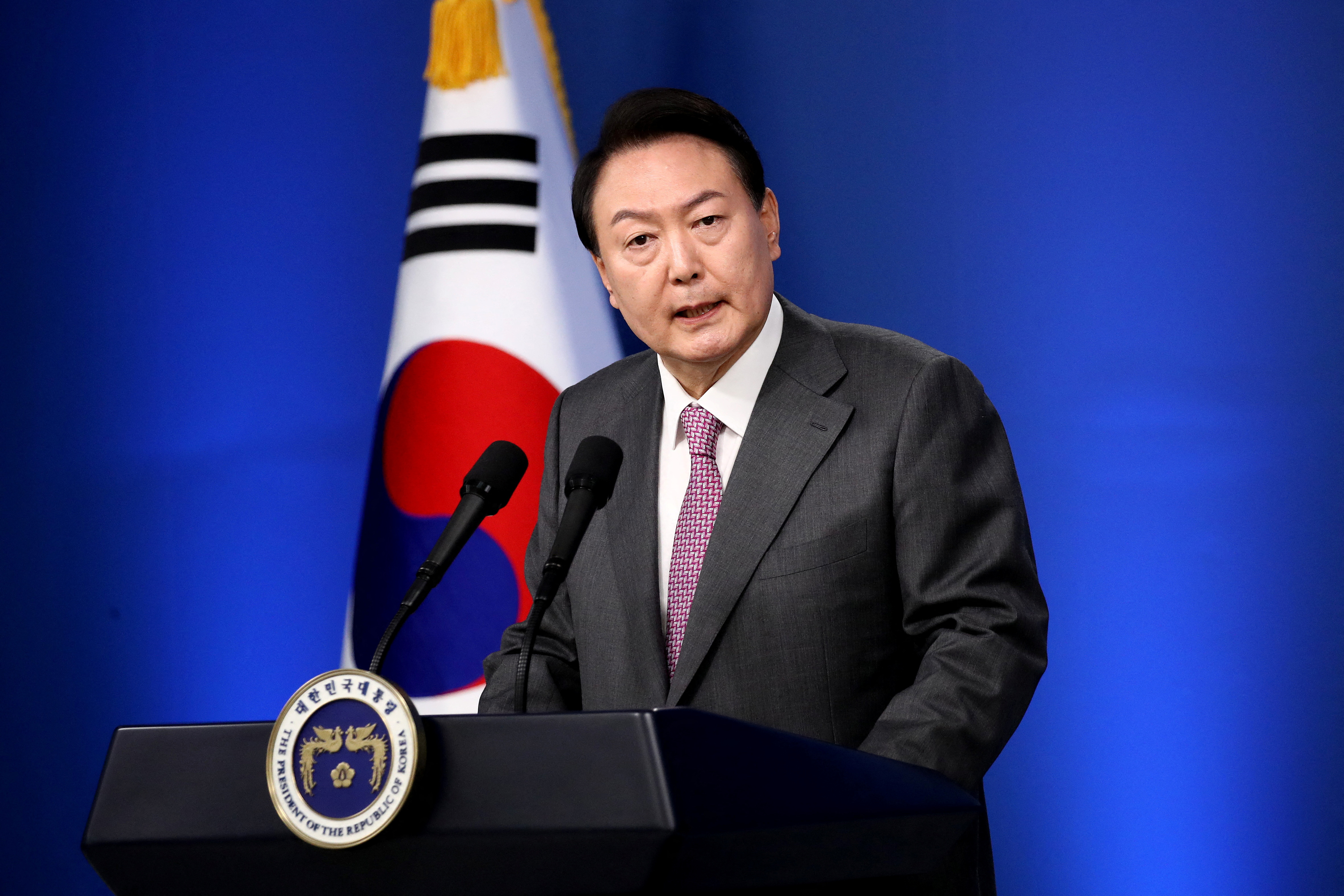Corruption Scandal Unfolds In South Korea
In a shocking revelation, evidence has emerged linking Kim Gun-hee, wife of former President Yoon Suk-yeol, with a scheme to acquire YTN, a major South Korean broadcasting company, through the Unification Church. This scandal raises serious concerns about the intertwining of politics and religion in South Korea, and the potential implications for democratic governance.
Evidence of Lobbying and Bribery
As reported by 한겨레, special prosecutor Min Jung-ki"s investigation has uncovered communications between Jeon Sung-bae, a shaman with ties to Kim Gun-hee and the Unification Church, and Yoon"s inner circle. Jeon allegedly expressed intentions to reach out to lawmaker Lee Cheol-kyu to discuss the acquisition of YTN. This was framed as a "gift" to Kim Gun-hee, raising ethical questions about the use of political connections for personal gain.

North And South Korea Restart Communication Channels After ...
The Role of the Unification Church
The Unification Church, known for its controversial history and political engagement, has been accused of leveraging its influence to secure media outlets for propaganda purposes. According to Wikipedia, the church has a long-standing relationship with conservative politics in Korea, often aligning with right-wing agendas. This scandal is not just an isolated incident but part of a broader pattern of political manipulation that undermines democratic institutions.
Implications for Civil Rights and Democracy
This situation poses a direct threat to civil rights and the integrity of democratic processes in South Korea. When political leaders engage in clandestine dealings with religious organizations, it sends a message that power can be bought and sold. This undermines the very fabric of democracy, where transparency and accountability are paramount. As highlighted in the report, the investigation into these dealings may also uncover a network of complicity involving other political figures.

South Korea"s Yoon to attend Queen Elizabeth"s funeral, U.N. ...
The Public"s Right to Know
As citizens demand accountability, the ongoing investigation should serve as a clarion call for transparency in governance. The public has a right to know how their elected officials are engaging with powerful religious organizations. The potential for corruption and misuse of power must be addressed, not only for the sake of democracy but for the preservation of civil liberties. The government must act decisively to ensure that such unethical practices are not normalized.



![[Video] Gunfire between Iraqi security forces and Sadr militias in Baghdad](/_next/image?url=%2Fapi%2Fimage%2Fthumbnails%2Fthumbnail-1768343508874-4redb-thumbnail.jpg&w=3840&q=75)
